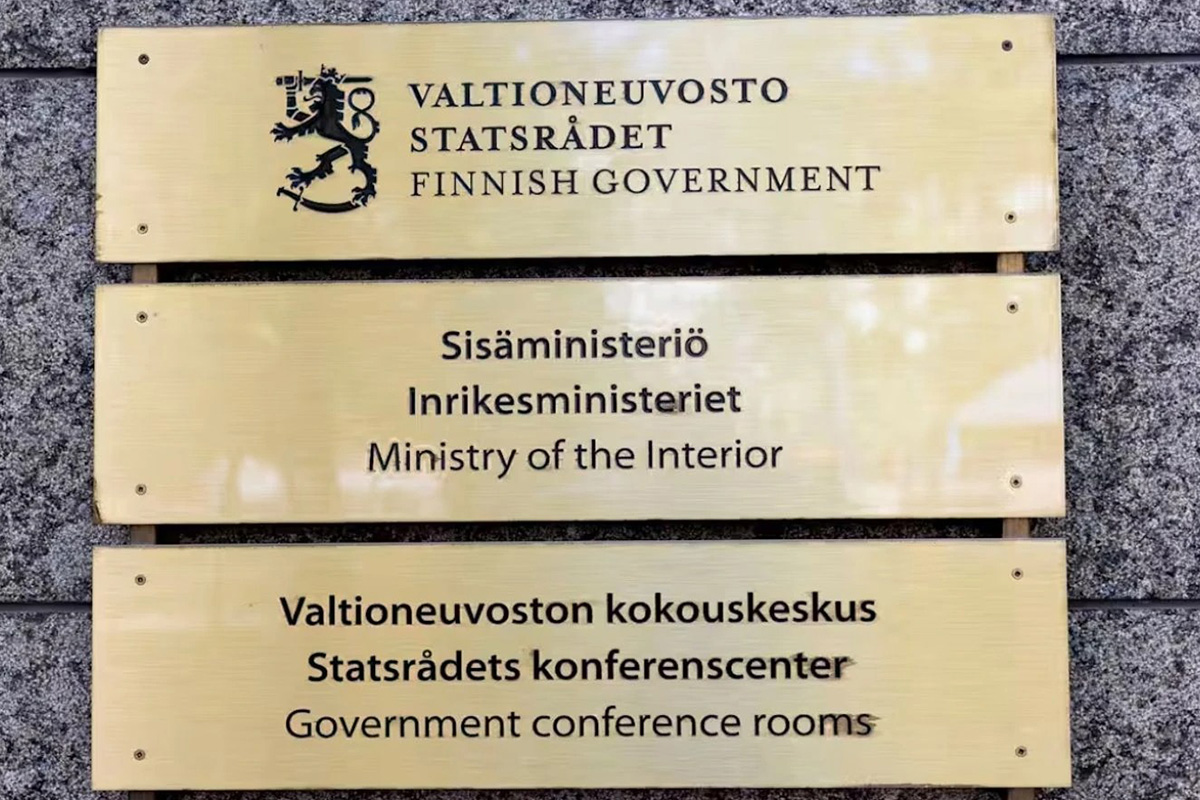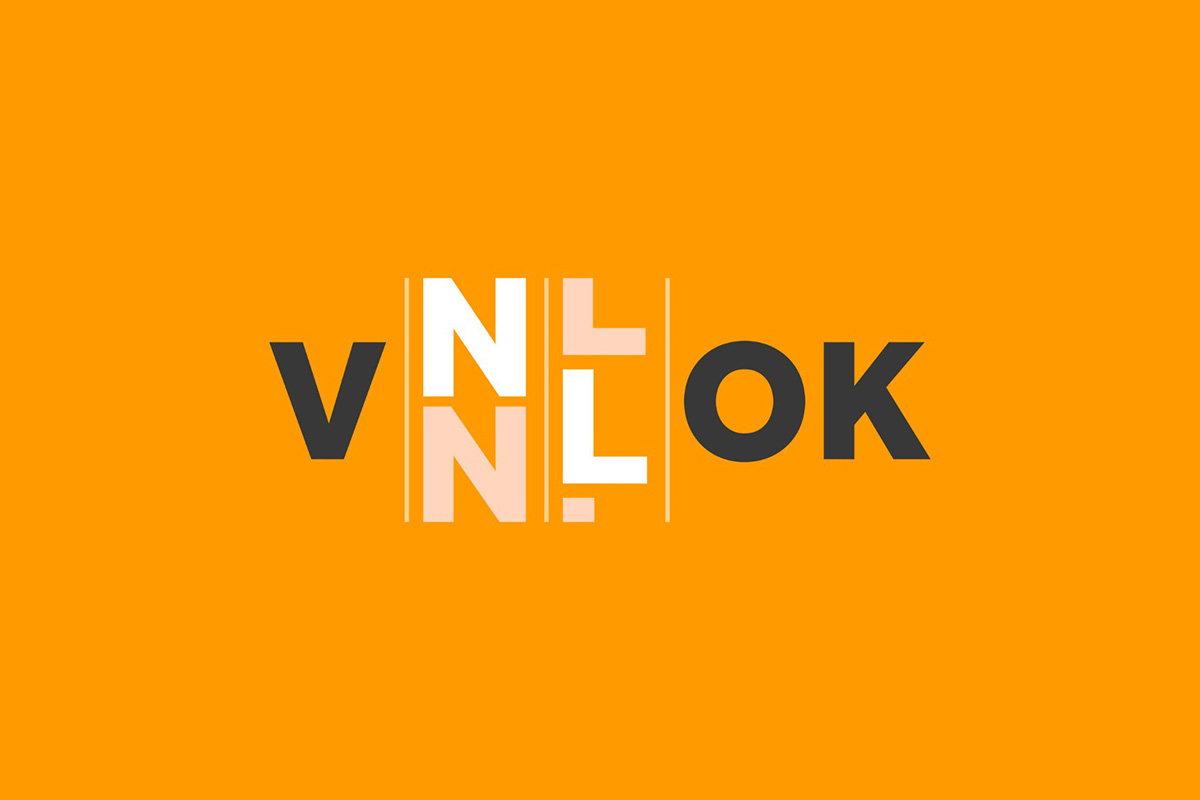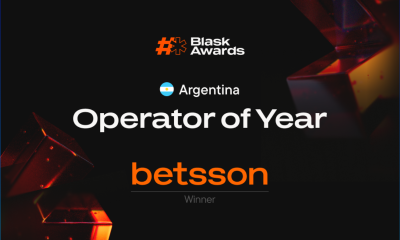Compliance Updates
W2 Identifies Key Statistics from Financial Risk Checks to Support Gambling Operators
Regtech orchestration platform provider, W2, has identified key statistics within their financial risk check solution to help operators understand the affordability of their customers and support player protection initiatives.
W2, the provider of leading regulatory compliance services to the gambling industry, has identified keys statistics relating to High-Cost Short-Term loans within its financial risk affordability solution. With the release of the gambling industry white paper last week, gambling operators must now prepare to implement financial risk checks when customers hit certain net loss limits.
The solution combines data assets from multiple sources at the individual, demographic, and geographic levels on a ‘where available’ basis and has been built to provide as clear a picture as possible in a way that is not intrusive to the player. Operators can customise data consumption either through API integration at onboarding, or trigger based on various markers of harm (MOH).
One of the 50+ data indicators included in the solution analyses data on High-Cost Short-Term loans. This is key data for operators to have access to as consumers who are considering using loans to pay for critical costs such as bills and debt may not have the means to gamble.
When comparing a batch trial completed in 2023 vs. 2022, the results of High-Cost Short-Term or payday loans were staggering. W2 has identified the following statistics:
- High Interest Short Term loan enquiries to pay for bills increased by 1700%.
- High Interest Short Term loan enquiries to pay for debt increased by 1000%.
- High Interest Short Term loan enquiries for short term cash increased by 1050%
Warren Russell, CEO & Founder at W2 commented “The results of this batch trial when compared to data from 2022 is clear evidence that the cost-of-living crisis is hurting. The sheer number of consumers needing loans to pay for day-to-day costs is certainly the type of data which can be helpful to operators when implementing their player protection initiatives.
We are pleased that the long-awaited gambling white paper has now been released to give operators guidance on how best to comply with updated regulation. It is also promising that financial risk checks are going to play a key part in a safer gambling industry. W2’s financial risk solution has been specifically developed with the needs of gambling operators in mind, and we are looking forward to being able to provide this to the industry.”
Powered by WPeMatico
Compliance Updates
Finland Govt Looks at Whether Scratchcards can be Gifted Again

Finland’s Interior Ministry is examining whether scratchcards might once again be allowed as gifts.
The investigation will consider whether winnings from a scratchcard could be claimed by someone other than the person who purchased the card.
At the start of 2024, scratchcards were brought under mandatory identification rules. Since then, recipients of gifted cards have been unable to redeem any prizes they potentially offer.
Parliament approved a new Lotteries Act in December. At the same time, legislators included a statement urging the government to explore ways to permit scratchcards to be given as gifts.
Christmastime is traditionally the biggest season for lottery scratch card sales in Finland.
The post Finland Govt Looks at Whether Scratchcards can be Gifted Again appeared first on Eastern European Gaming | Global iGaming & Tech Intelligence Hub.
Compliance Updates
VNLOK Report: Over 95% of Gambling Ads on Meta Platforms are from Illegal Providers

Illegal gambling providers continue to reach Dutch consumers on a large scale via Meta platforms. An analysis by VNLOK’s Ads Library for October, November and December 2025 shows that in each month, more than 95% of the gambling promotions found—both Facebook pages and advertisements—come from illegal providers. At the same time, only a small portion is removed by Meta, which calls for faster and more robust measures.
Illegal gambling advertisements are widely visible
Recent analyses show that illegal gambling advertising via meta-platforms remains widely visible to Dutch consumers. Of the Facebook pages and gambling ads promoting gambling, over 95% originated from illegal gambling providers in all three months.
Fast rotation with a wide reach
It’s striking that ads from illegal providers are rolled out and replaced at breakneck speed: on average, they were visible for one and a half days in October (79% for less than a day), two days in November (69% for less than a day), and two days in December, with 87% of illegal ads being visible for less than a day. Illegal gambling ads also have a wide reach, peaking at 50 million impressions in November.
Enforcement is lagging behind
The regulated Dutch gambling market is designed to protect consumers through strict duty of care, affordability guarantees and advertising regulations. Illegal providers fall outside this system, yet still manage to reach Dutch target groups on a large scale through social advertising. The share of illegal ads removed by Meta remains limited: 3% in October, 5.2% in November and 4.7% in December.
“These figures are alarming. The enormous flood of illegal gambling advertisements on Meta platforms undermines player protection and also erodes trust in the legal market. This problem is unfortunately growing. The promotion of illegal gambling websites on social media is expanding from social advertising to social content. Meta and other platforms are being flooded with viral videos featuring the brands of illegal gambling websites. This content is attracting targeted minors and young adults to illegal gambling offerings, where the risk of gambling harm is very high,” Björn Fuchs, Chairman of VNLOK.
Call from VNLOK
The findings show that the current approach by platforms and regulators is insufficiently aligned with the scale and speed of illegal gambling advertising on social media. To better protect consumers and safeguard the regulated system, additional and targeted actions are necessary:
Meta must strengthen proactive detection, advertiser verification, and rapid takedown processes for illegal gambling promotions targeting the Netherlands.
The Netherlands Gambling Authority must take even more enforcement action, within existing legal frameworks, against marketing companies and platforms that facilitate advertisements and/or content that direct Dutch consumers to illegal gambling websites.
The visibility and attractiveness of legal online gambling are crucial to prevent even more Dutch players from turning to illegal providers. Policymakers and regulators must ensure that additional rules and restrictions for legal providers do not compromise the visibility and attractiveness of legal online gambling. This will lead to a decrease in the net protection of Dutch consumers. A sufficiently visible and attractive legal offering is crucial to prevent even more Dutch players from turning to illegal providers.
The post VNLOK Report: Over 95% of Gambling Ads on Meta Platforms are from Illegal Providers appeared first on Eastern European Gaming | Global iGaming & Tech Intelligence Hub.
Compliance Updates
eGaming Integrity launches Voluntary Code Advisory Service for prize draw operators

eGaming Integrity – a leading compliance and internal audit advisory firm – has launched a Voluntary Code Advisory Service to support online prize draw and competition operators as regulatory scrutiny of the sector increases and a new compliance deadline approaches.
The service was launched following the introduction of the Department for Culture, Media and Sport’s Voluntary Code of Good Practice for online prize draws and competitions in November 2025. The Code sets a deadline of 20 May 2026. By that point, operators are expected to be more transparent, strengthen consumer protections and show active oversight of their operations. Failure to demonstrate effective voluntary compliance may increase the likelihood of statutory licensing and subsequent tighter regulation.
Prize draws are not regulated as gambling under the Gambling Act 2005. Despite this, the sector has grown rapidly and attracted attention in Westminster. The UK online prize draw market is now estimated to be worth around £1.3bn, with more than 7 million players. That scale has brought closer attention from policymakers.
The Voluntary Code shifts the focus from policy language to demonstrable practice. Operators now have to show what they actually do, and prove it.
eGaming Integrity’s new service is designed to help operators understand the requirements of the Code, assess current practices and prepare clear, practical evidence of compliance. Support covers areas including free entry routes, transparency of terms and odds, responsible marketing practices, internal monitoring processes and public disclosure of consumer protection measures.
Emma Shilling, Director at eGaming Integrity, said: “The Voluntary Code changes the conversation for prize draw operators. It is no longer enough to point to a policy and say the right words are there. Operators are being asked to show what happens in practice. Our job is to help businesses work that through properly, spot issues early and evidence what they are doing.”
eGaming Integrity’s audit and risk specialists lead the work. The focus is on practical rather than theoretical matters. Findings are clearly set out, with recommendations that operators can act on as regulatory expectations tighten.
Robert Penfold, Head of Internal Audit at eGaming Integrity, said:
“The writing is on the wall. This is voluntary for now, but that could change quickly. Operators who build real oversight systems today won’t be scrambling if this becomes statutory tomorrow.”
The Voluntary Code Advisory Service is available immediately to UK prize draw and competition operators.
The post eGaming Integrity launches Voluntary Code Advisory Service for prize draw operators appeared first on Eastern European Gaming | Global iGaming & Tech Intelligence Hub.
-

 affiliate marketing7 days ago
affiliate marketing7 days agoN1 Partners Hosts the N1 Puzzle Promo Grand Final and Reveals the Helicopter Winner at iGB Affiliate 2026 in Barcelona
-

 BetPlay4 days ago
BetPlay4 days agoBlask Awards 2025: Betano, Caliente, BetPlay, Betsson and others define Latin America’s iGaming landscape
-

 AI gaming platforms7 days ago
AI gaming platforms7 days agoBetConstruct AI Sets the Tone for 2026 iGaming with Harmony Choice Event in Barcelona
-

 affiliate marketing7 days ago
affiliate marketing7 days agoN1 Partners Takes Flight in Barcelona: Helicopter Awarded at iGB Affiliate 2026 Finale
-

 iGaming4 days ago
iGaming4 days agoMajestic Claws Hold & Hit leaps into Spinomenal’s slots portfolio
-

 Canada4 days ago
Canada4 days agoComeOn Launches New Marketing Campaign in Ontario
-

 Latest News4 days ago
Latest News4 days agoThrillTech partners with Nordplay Group to launch ThrillPots across Nordic-facing casino brands
-

 DEGEN Studios4 days ago
DEGEN Studios4 days agoDEGEN Studios brings Wild West chaos to the reels with Sunset Showdown



















